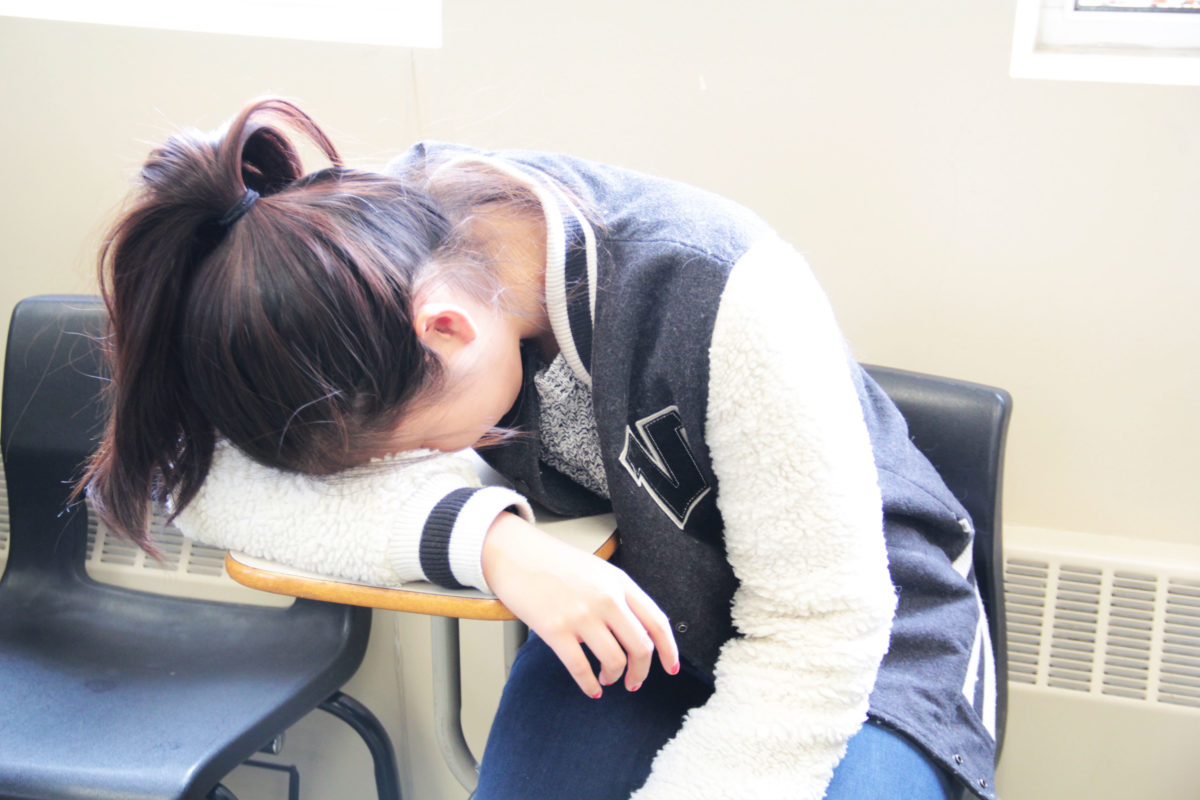Most university students will have early morning classes and late evening ones as well, but which time slot is better for them to actually learn?
Dr. Kathleen Hughes is a psychology professor at St. Thomas University. She said most students work on a 24-hour biological clock so all students tend to be mid-day people.
Hughes has experience teaching the same course in the morning, mid-day and night. She said that middle of the day or later morning courses are the best for most students.
“Students are much more engaged in the 10 a.m. class,” said Hughes, “10 a.m. is my favorite time to teach.”
She said that for students who are big on time management, afternoon classes can provide more time to get work done.
“Let’s say you have a noon hour course and you have a paper due. Most students will start the paper a few days before, but maybe they take that morning to proof read, finish it, print it off, and make sure everything is just perfect,” said Hughes. “Morning classes lead to a lot more procrastination, wee hours of the morning rubbing your eyes at 2 or 3 a.m., trying to get that paper polished when you’re not at your peak.”
For some students like Danielle Brewer, it’s all about getting work and class done early while also having the best time management.
“Morning classes are not the motivation I want, but the motivation I need,” said Brewer, “they make me get up and get working at a good time, allowing me to get the most out of my day.”
However, other students like Mike Thurber who’s in third year, has to choose class times according to his work and extracurricular activities’ schedule.
“First semester for me is based off my rugby schedule and wrestling schedule, so I try to gear more towards morning, rather than late afternoon or evening,” said Thurber.
His second semester is made up of only night classes. “I have a job, so I’ll be able to work open to mid-day, then go right to class.”
Hughes said in the end, learning boils down to the individual’s alertness and their time management.
“There’s this personality trait called morningness and eveningness. We hear it a lot in pop culture, night owl versus early bird,” said Hughes, “there’s actually some science behind it.”
Early birds require less sleep to function throughout the day and wake up earlier whereas night owls require more sleep but can function for longer into the evening.
“So if you’re hardwired to be a night person, you should take the night courses; if you’re a morning person, you should take the morning courses,” said Hughes.

